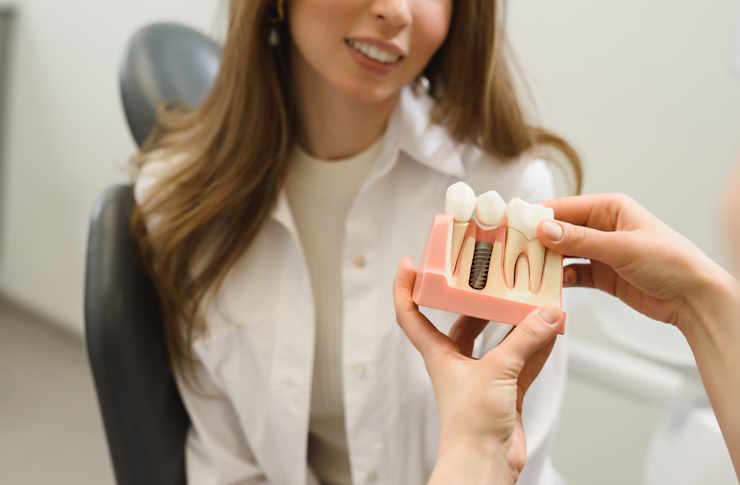Dental Implant Clinical Trials: Research Participation and Treatment Options
Dental implant clinical trials represent a significant intersection of dental research and patient care, offering opportunities for individuals to access innovative treatments while contributing to dental science advancement. These controlled research studies evaluate new implant technologies, surgical techniques, and treatment protocols under careful medical supervision. Understanding how these trials work and how to participate can provide valuable options for those considering dental implants.

What Are Dental Implant Clinical Trials?
Clinical trials in dental implantology are systematic research studies that assess the safety and effectiveness of new implant materials, surgical approaches, or treatment methods. These trials typically progress through multiple phases, from initial safety testing to larger-scale effectiveness studies. Participants receive carefully monitored treatment while helping researchers gather essential data about implant innovations and outcomes.
Understanding the Patient Selection Process
Dental implant trials maintain specific eligibility criteria to ensure participant safety and research validity. Common requirements include:
-
Good general health status
-
Adequate bone density in the jaw
-
No active gum disease
-
Non-smoking status or willingness to quit
-
Commitment to follow-up appointments
Researchers evaluate potential participants through comprehensive dental examinations and medical history reviews.
How to Find Available Dental Implant Trials
Several resources exist for locating dental implant clinical trials:
-
ClinicalTrials.gov database
-
Dental schools and research institutions
-
Local dental specialists and periodontists
-
Professional dental organizations
Contact these sources directly or consult with your dentist about potential trial opportunities in your area.
Benefits and Considerations of Trial Participation
Participating in dental implant trials often provides access to:
-
Advanced treatment options
-
Specialized care from leading professionals
-
Regular monitoring and follow-up
-
Reduced or no treatment costs
However, participants should understand:
-
Not all treatments may prove successful
-
Extended commitment to follow-up visits
-
Possible randomization to control groups
-
Required compliance with study protocols
Cost Implications of Clinical Trials
| Trial Type | Typical Coverage | Patient Responsibility |
|---|---|---|
| Phase I | Full coverage | Follow-up visits |
| Phase II | Partial coverage | Some procedure costs |
| Phase III | Varies by study | Various expenses |
Prices, rates, or cost estimates mentioned in this article are based on the latest available information but may change over time. Independent research is advised before making financial decisions.
Dental implant clinical trials continue to advance our understanding of implant technology and treatment protocols. While participation requires careful consideration and commitment, these studies offer valuable opportunities for both advancing dental science and accessing innovative care options under professional supervision.
This article is for informational purposes only and should not be considered medical advice. Please consult a qualified healthcare professional for personalized guidance and treatment.




